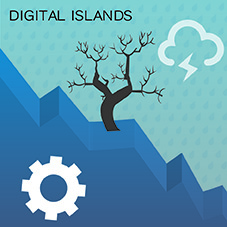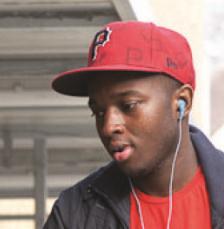It is 2034 and the economy is doing very well; however society tends to be competitive and individualistic. This is Sakura’s story…
 Before she came the UK, Sakura had already lived and studied in China, Germany and her native Japan, so she speaks several languages. She’s a real high flyer and was snapped up quickly by her university. Naturally, she has the best accommodation on offer.
Before she came the UK, Sakura had already lived and studied in China, Germany and her native Japan, so she speaks several languages. She’s a real high flyer and was snapped up quickly by her university. Naturally, she has the best accommodation on offer.
In fact she occupies several rooms, including a kitchen and dining entertainment area, bedroom and a fully connected study area. The building she lives in also includes social spaces to hangout and collaborate. Not all students live in such luxury – the poorest live in hostels.
She starts her day with an academic update and plans her diary. Her university encouraged students to pursue personal businesses while they study. It has business hubs on campus and support is strong. The university benefits from these spin-offs and the ongoing relationship with successful global businesses.
In fact some students do not get as far as graduation, but leave to pursue their businesses full time, for which the university still gets much credit and recognition.
Sakura runs her own business but she outsources much of the daily operation so that she can study. Not everyone is paid in cash, she will also trade in kind. Her motto is, “Everything is a deal”.
Sakura’s schedule is tight, not just because she has so many different tasks on the go at once, but also because her degree is set to be completed in eighteen months. There is a lot happening at once and Sakura sees the strain this puts on some fellow students, especially those with less disposable income.
Fortunately she can afford to delegate and she has a lot of family support. She is even able to secure accommodation in her building for them to stay when she wishes.
Sakura works and studies long hours but knows she is one of the lucky ones. She has to find her own way to cope with these demands, and has started to incorporate meditation into her daily life. Others don’t choose such positive approaches.
Sakura lives in a very competitive world where the stakes are high – the gap between richest and poorest is very wide. Where students live, and perhaps even the level of academic support they are able to access, is very much based on ability to pay.
She’s preparing for a glittering international career, but it will be draining and will take its toll on her. Sakura will be providing financial support for a lot of family members who may struggle without her, so it’s in everyone’s interest to invest in her education.
Martin Hughes, with Jenny Shaw, Sam Jones, Serene Lam, Walter Pico, Miona Martic and Cameron Sutherland


